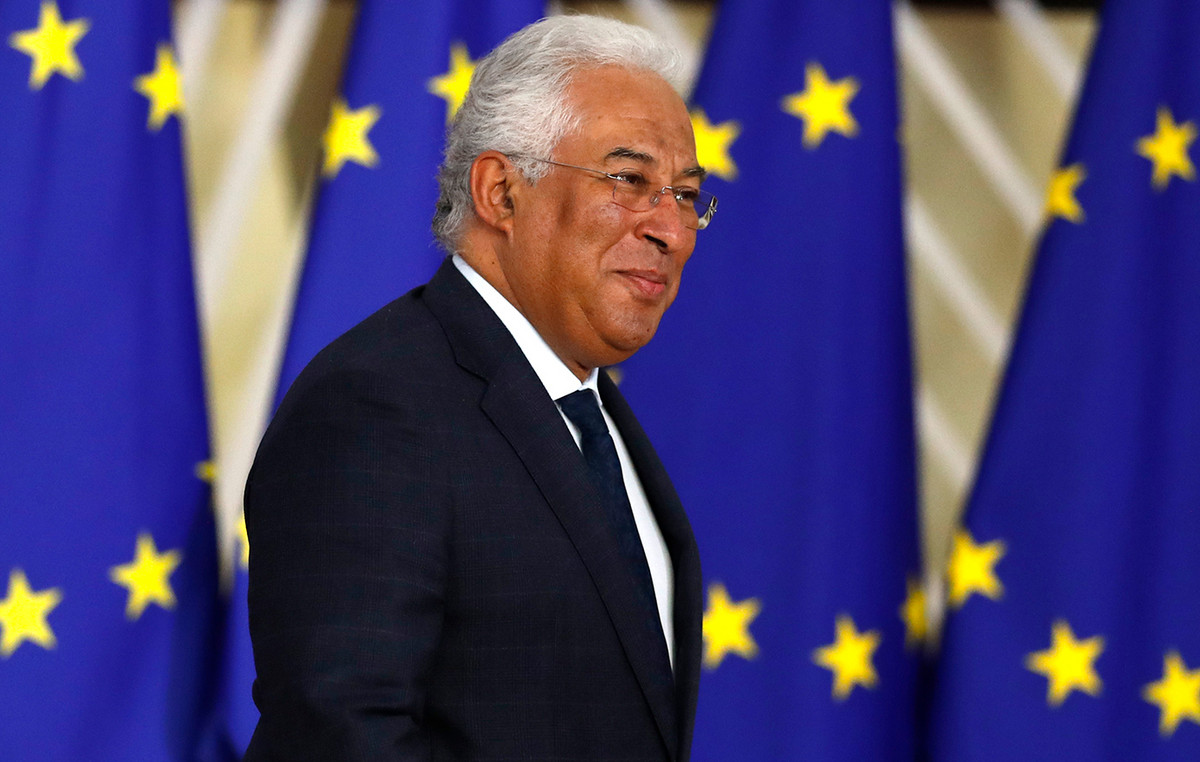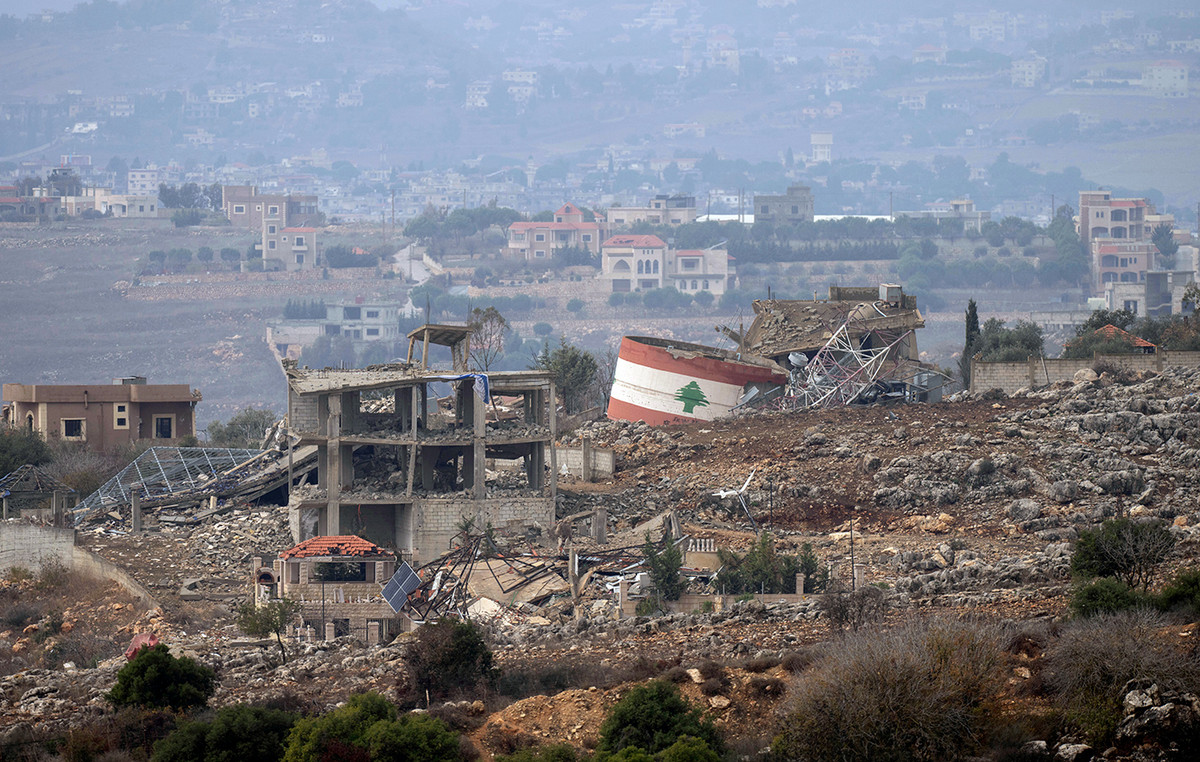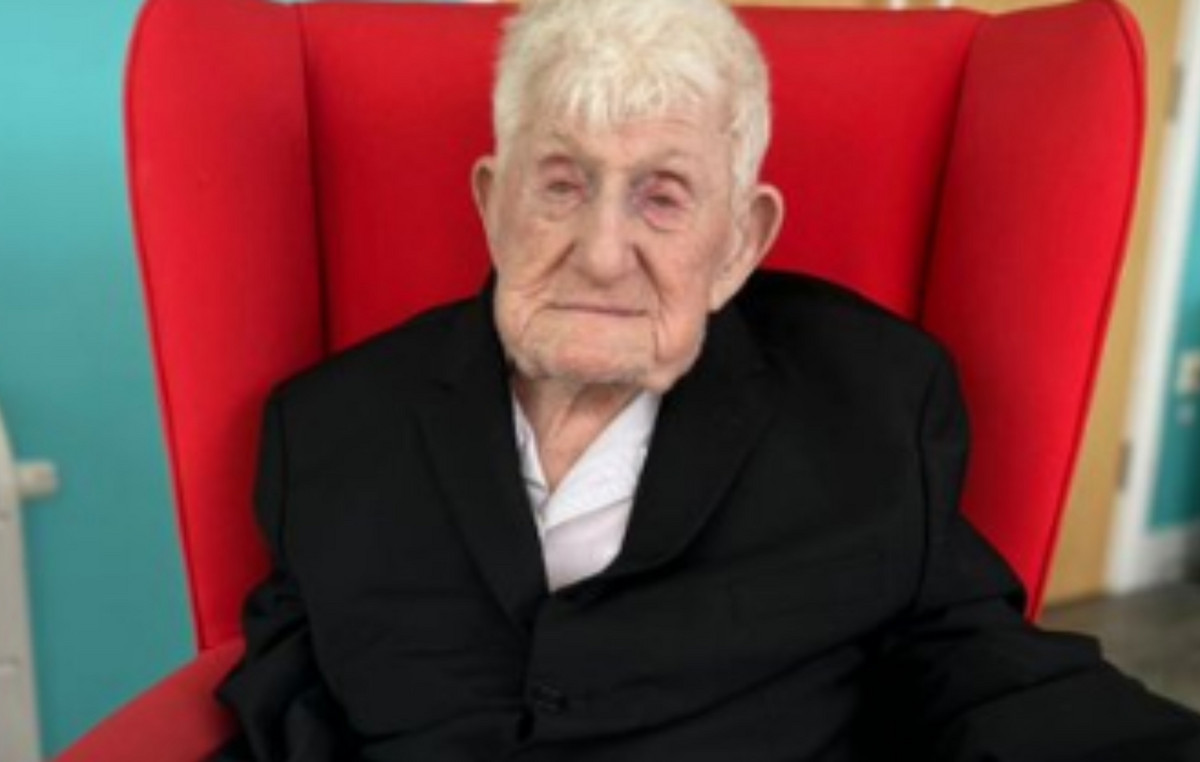The one appointed by the federal government to assume the presidency of the Petrobras , Caio Mario Paes de Andrade must still remain a few weeks away from the position, while his name is analyzed by the company.
The process is standard for any appointment, a way to ensure that the nominee has no conflicts of interest and is qualified for the position. Only after that will Andrade be voted on by the shareholders.
If the approval happens, the current special secretary for Debureaucratization, Management and Digital Government of the Ministry of Economy would represent the fourth president of Petrobras in a year.
The name analysis process can still lead to the emergence of information that makes Andrade withdraw from the nomination, such as took place with the name of Adriano Pires in this year. In addition, you run the risk of getting weakened in the position. Understand:
next steps
Sources in Petrobras’ governance area told CNN on the 26th of May that it was still necessary for the federal government send Paes de Andrade’s resume so that the first “scans” can be carried out, in a process detailed by the government itself in January of this year.
The analysis will be done by the Integrity Committee, in the first part of the process, which basically determines if the candidate is able to take the position, focusing mainly on conflicts of interest.
A conflict of interest could mean that the nominee’s actions do not focus on Petrobras, but instead use the state-owned company to benefit businesses or people linked to him. It was at this stage that Adriano Pires withdrew from the nomination, as a possible conflict of interest had been signaled for having a consultancy focused on oil and gas companies.
Once Andrade’s name is defined, the next step is in the People and Succession Committee, formed by some members of the company’s Board of Directors.
There, the analysis will be about the technical knowledge of the current secretary and compatibility with the requirements of the position, in addition to considering the previous analysis.
With this, an opinion is issued, favorable or not to the approval, which is sent to the President of the Council. Only then will he be able to call an Ordinary General Meeting, with shareholders voting against or in favor of the appointment.
Henrique Jager, a researcher at the Instituto de Estudos Estratégicos de Petroleo, Gás Natural e Biofuels (Ineep), states that the most common is that this process takes around a month, since the assembly needs to be called 30 days in advance.
In the case of Paes de Andrade, however, the forecast is that the process will only be closed, with the name appreciated, in 45 to 60 days.
Jager, for example, bets over a period of 50 to 60 days. This would occur because the name for the presidency will not be the only one evaluated.
“The current president was elected by multiple vote – the shareholder voted for a group of candidates for the board, a ticket, of eight people. Now, the other seven approved lose their mandates, and a new vote depends on having the name of the other seven”, he explains.
Of these eight vacancies, six are from the Federal Government, which needs to indicate the names and resumes to go through the same analysis process. So far, however, this has not happened.
For Jager, the delay is linked to the government’s desire to change some directors, indicating names more aligned with the Ministry of Economy. As long as the appointments do not take place, the Assembly cannot be convened, and the appointment will be paralyzed.
Challenges
Flávio Conde, head of variable income at Levante, believes that the name of Caio Paes de Andrade “very likely” will be approved. The reason would be an extensive academic and corporate curriculum, with the necessary experience for the position.
Conde also points out that Andrade is not a complete “neophyte” in the oil and gas sector, as he is on the board of the state-owned company. PPSA (Pré-Sal Petróleo SA), one of the targets of the government’s privatization plans, along with Petrobras itself.
Learn more about Oil and how its quotation works
The analyst also cites cases of Roberto Castello Branco and the general Joaquim Silva and Luna , first and second presidents of the state-owned company in the Bolsonaro government. The two had no industry experience.
Jager says, however, that the People Committee is made up of members of the Board of Directors, and it has shown signs of being “very politicized”. Therefore, he sees a risk of an effort to bar Andrade’s name, as a way of opposing yet another exchange by the government.
“He doesn’t know the industry and he’s not known in it. A person he knows would be more resourceful, especially for what the government wants, but the fact of not knowing the sector is not an impediment,” he says.
He recalls that the Committee itself approved the names of Castello Branco e Silva e Luna. Therefore, if the agency uses the argument of ignorance of the sector to issue a report against the indication, the position “would not be sustained”.
The report would probably not affect the final outcome of the Assembly either, unless it led to Andrade’s withdrawal. However, Jaquer considers that this scenario would be “bad for the company, because it weakens the current president, makes it difficult for him to make decisions”.
Even so, he classifies the process as “healthy”, as it offers more transparency and reliability to the market. As for what the exchange would symbolize, according to the researcher, an attempt to change the fuel price policy, undermines the company’s image.
“The government accepted the policy for almost three years, but the electoral calendar leads to this interest in changing and even privatizing the company. As much as it is practically impossible in 2022, it points to the market”, he assesses.
He sees Paes de Andrade as an “attuned” nominee in this debate, with ties to the Ministers of Economy, Paulo Guedes and Mines and Energy, Adolfo Sachsida both in favor of privatization.
“The objective with the nomination would be to prepare the company for privatization, to dialogue with private shareholders, but to say that to privatize it would need to change pricing policy to win the election”, he says.
Flávio Conde states, however, that a complete change in policy should not occur, as it would involve a change in the company’s statute and in the very profile of the current Administrative Council.
Instead, he bets on a government effort to increase the time lag between readjustments. in the case of Gasoline for example, would go from 70 to up to 180 days.
Jager also sees this change as more likely, as the possibility of changing pricing policy passes through internal bureaucracy. “Changing statutes is a delicate thing, so there must be continuity of a greater spacing between readjustments, without actually changing”.
Source: CNN Brasil
I am Sophia william, author of World Stock Market. I have a degree in journalism from the University of Missouri and I have worked as a reporter for several news websites. I have a passion for writing and informing people about the latest news and events happening in the world. I strive to be accurate and unbiased in my reporting, and I hope to provide readers with valuable information that they can use to make informed decisions.







